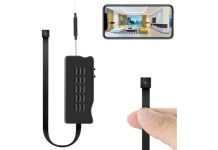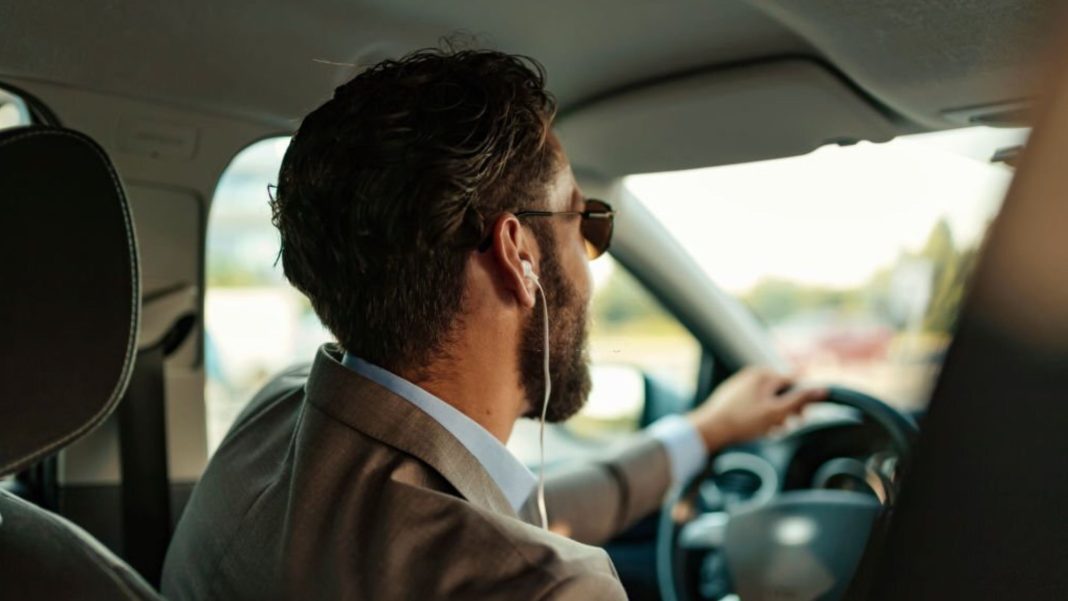Driving with headphones has become a common practice among many individuals, but is it actually legal? Road safety is a crucial concern, and understanding the laws and regulations surrounding headphone use while driving is essential to ensure the well-being of both drivers and pedestrians.
In this article, we will explore the legality, reasons behind the prohibition, alternatives, safety precautions, common myths, consequences, and expert recommendations regarding driving with headphones.
Here is a table that summarizes the laws on driving with headphones in each state:
| State | Law | Exceptions |
| Alaska | Illegal to drive with any type of headphones. |
Hearing aids and noise-canceling headphones are allowed.
|
| California | Illegal to drive with any type of headphones. |
Hearing aids and noise-canceling headphones are allowed.
|
| Colorado | Illegal to drive with both ears covered. |
One ear can be covered.
|
| Florida | Illegal to drive with both ears covered. |
One ear can be covered.
|
| Georgia | Illegal to drive with both ears covered. |
One ear can be covered.
|
| Louisiana | Illegal to drive with any type of headphones. |
Hearing aids and noise-canceling headphones are allowed.
|
| Maryland | Illegal to drive with both ears covered. |
One ear can be covered.
|
| Massachusetts | Illegal to drive with both ears covered. |
One ear can be covered.
|
| Minnesota | Illegal to drive with both ears covered. |
One ear can be covered.
|
| New York | Illegal to drive with both ears covered. |
One ear can be covered.
|
| Ohio | Illegal to drive with both ears covered. |
One ear can be covered.
|
| Pennsylvania | Illegal to drive with both ears covered. |
One ear can be covered.
|
| Rhode Island | Illegal to drive with any type of headphones. |
Hearing aids and noise-canceling headphones are allowed.
|
| Virginia | Illegal to drive with both ears covered. |
One ear can be covered.
|
| Washington | Illegal to drive with both ears covered. |
One ear can be covered.
|
Laws and Regulations Regarding Headphone Use While Driving
The legality of driving with headphones varies from state to state. Some states have specific laws in place that explicitly prohibit the use of headphones while operating a vehicle, while others have more general distracted driving laws that may encompass headphone usage. It is crucial to familiarize oneself with the laws of the specific state or region where you are driving to avoid any legal consequences.
Reasons Behind the Prohibition
The prohibition on driving with headphones primarily stems from concerns related to distraction and reduced awareness. Listening to audio through headphones can divert a driver’s attention from the road, potentially leading to delayed reactions and impaired decision-making. Additionally, headphones can impair the driver’s ability to hear important auditory cues, such as sirens, horns, or other vehicles, which are essential for situational awareness while driving.
Alternatives to Using Headphones While Driving
Fortunately, there are several alternatives available for drivers who wish to enjoy audio content while on the road. Bluetooth-enabled car audio systems allow drivers to connect their smartphones or other devices wirelessly and listen to music or make hands-free calls without the need for headphones. Additionally, there are wired and wireless earbuds with built-in hands-free calling features, which provide a safer alternative for drivers who prefer using earbuds.
Safety Precautions and Recommendations
To ensure safe driving practices, it is essential to follow certain safety precautions. Obeying traffic laws, including speed limits and road signs, is crucial for maintaining road safety. Keeping both hands on the wheel and avoiding any distractions that might compromise attention is equally important. Drivers should remain focused on the road and avoid engaging in any activities that may divert their attention from the task at hand.
Common Myths about Headphone Use While Driving
There are some common misconceptions surrounding the use of headphones while driving that need to be addressed. One prevalent myth is that headphones are acceptable to use in emergency situations. However, it is important to note that even in emergencies, drivers should prioritize their safety and the safety of others by pulling over to a safe location before addressing the situation.
Another myth is that if a state does not have specific laws against driving with headphones, it is automatically legal. While it may not be explicitly prohibited, it is still important to consider the potential risks and distractions that headphone use can pose while driving.
Consequences of Driving with Headphones
Driving with headphones can have severe consequences. The increased risk of accidents due to distraction and reduced awareness should be reason enough to avoid this practice. In addition, violating the laws regarding headphone use while driving can result in traffic citations, fines, and even increased insurance premiums. It is essential to consider the potential legal, financial, and safety ramifications before deciding to drive with headphones.
Public Opinion and Expert Recommendations
Public opinion on driving with headphones varies, with some individuals believing it is acceptable in certain situations and others viewing it as a significant safety concern. However, experts and road safety organizations consistently recommend against the use of headphones while driving. They emphasize the importance of maintaining full awareness and eliminating distractions to ensure road safety for all.
Conclusion
In conclusion, driving with headphones is generally considered illegal due to the risks associated with distraction and reduced awareness. It is crucial to familiarize yourself with the specific laws of your state or region regarding headphone use while driving. Instead of using headphones, explore alternative options such as Bluetooth-enabled car audio systems or hands-free earbuds to enjoy audio content while on the road. Remember to prioritize safety, obey traffic laws, and remain attentive and focused while driving.
FAQs
Is it legal to drive with one earbud?
- While laws regarding one-earbud use while driving vary, it is generally discouraged due to the potential distractions and reduced awareness it can cause. It is best to prioritize safety and avoid any practices that might compromise attention on the road.
Can I use headphones for phone calls while driving?
- In most states, using headphones for phone calls while driving is not allowed unless the headphones are designed for hands-free calling. It is important to check the specific laws of your state or region to ensure compliance.
What are the penalties for driving with headphones?
- Penalties for driving with headphones can vary depending on the state or region. Violations may result in traffic citations, fines, and potentially increased insurance premiums. It is essential to familiarize yourself with the consequences specific to your location.
Are there any exceptions to the headphone prohibition?
- While there may be certain exceptions or allowances for specific professions or emergency situations, it is generally recommended to prioritize safety and minimize distractions while driving. Pulling over to a safe location to address emergencies is the best course of action.
How can I enjoy audio content while driving without headphones?
- There are several alternatives available for enjoying audio content while driving. Bluetooth-enabled car audio systems and hands-free earbuds with built-in calling features provide safer options that allow you to enjoy music or make calls without the need for headphones.






























[…] Is It Illegal to Drive with Headphones? […]